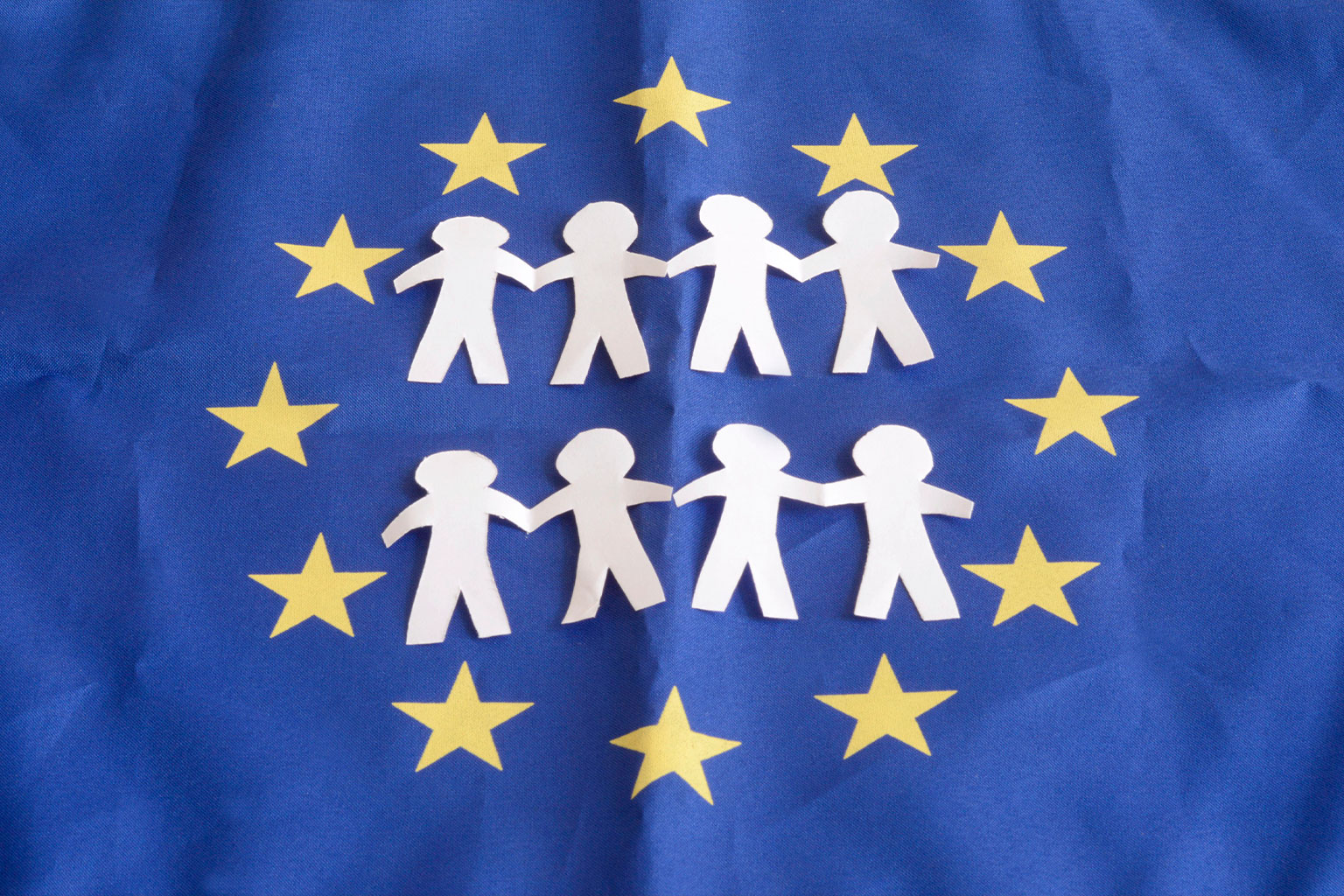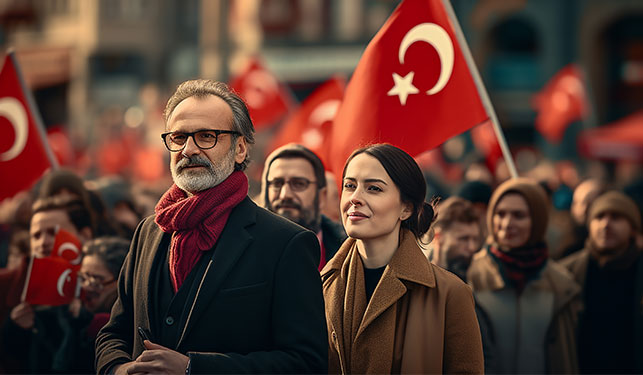

Although migrant communities living abroad contribute significantly to the social fabric of their host countries, it is a fact that these contributions are not sufficiently reflected in decision-making processes. Many migrant groups, especially the Turkish diaspora, have been living in these countries for decades, yet they have not reached the desired level of political and social representation. One of the main reasons for this is the lack of awareness of participation mechanisms or their ineffective use.
This is precisely where civil society organizations come into play. These structures take on the role of raising awareness and providing guidance so that diaspora individuals become not just "spectators" but "actors" in their societies.
In democratic countries, the most fundamental indicator of citizenship rights is the right to vote. However, voter turnout among migrants is often low. The main reasons for this include:
Lack of familiarity with the electoral system
The belief that "my vote won't make a difference"
Conflicts of identity and belonging (especially among dual citizens)
Civil society organizations carry out various initiatives to change this perception:
Voting guides prepared in multiple languages and simplified formats
Seminars and social media campaigns targeting youth to raise awareness
Informative videos and panels on voting procedures
Public discussions attended by local politicians
Thanks to these efforts, individuals evolve from merely having rights to embracing responsibilities as active citizens.
Political participation is not limited to casting a vote. Having a say in decisions that directly impact daily life requires being part of local advisory councils and social initiatives.
So how is this made possible?
Municipal migrant councils
Cultural integration commissions
Youth and women’s councils
Thematic committees on education, social services, and environment
NGOs increase both representation and direct policy influence by encouraging their members to participate in these platforms. Organizations like UID especially aim to gain a voice in local matters through their regional offices in different cities.
The culture of political participation is formed at an early age. Therefore, diaspora-focused NGOs carry out special projects to familiarize young individuals with democratic values:
Simulation programs (youth parliaments, youth municipal councils)
Leadership and representation workshops
Internship and municipal observation programs
Youth forums and international exchange programs
Through these efforts, young people learn how the system works and gain motivation to help shape their society.

As global mobility increases, the integration of diaspora communities into their host societies while preserving their own identities becomes more complex and multidimensional. This is where diaspora NGOs



